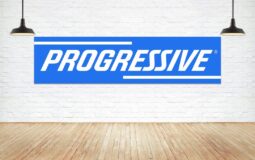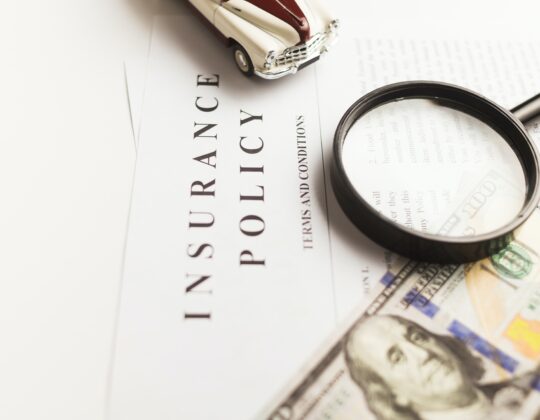As a business owner, safeguarding your enterprise against potential risks is paramount to its long-term success. However, determining the appropriate level of coverage for your business can be a daunting task. With various types of insurance available and diverse risk factors to consider, finding the right balance of coverage is crucial. In this article, we’ll delve into the factors to consider when determining the appropriate level of coverage for your business, ensuring comprehensive protection against unforeseen events.
- Assess Your Risks:
The first step in determining the appropriate level of coverage for your business is to assess your risks comprehensively. Identify potential risks that could threaten your business operations, assets, and financial stability. Common risks may include property damage, liability claims, cyber threats, business interruption, and professional errors.
- Evaluate Regulatory Requirements:
Depending on your industry and location, certain types of insurance coverage may be mandatory. Research regulatory requirements and legal obligations related to insurance coverage for your business. Ensure that you comply with all applicable laws and regulations when selecting insurance policies to avoid penalties or legal consequences.
- Consider Your Industry:
Different industries face unique risks and challenges that may require specific types of insurance coverage. Consider the nature of your business operations, industry standards, and best practices when evaluating your insurance needs. For example, businesses in the construction industry may require specialized coverage for contractor’s liability and builder’s risk, while technology companies may prioritize cyber liability insurance.
- Assess Your Assets:
Evaluate the value of your business assets, including property, equipment, inventory, and intellectual property. Determine the potential financial impact of property damage, theft, or loss on your business operations. Ensure that your insurance coverage adequately protects your assets against various perils, including fire, vandalism, natural disasters, and theft.
- Evaluate Your Liability Exposure:
Liability risks pose a significant threat to businesses, exposing them to potential lawsuits, legal expenses, and financial losses. Assess your liability exposure carefully, considering risks such as bodily injury, property damage, product liability, professional errors, and advertising injury. Invest in appropriate liability insurance coverage to protect your business against legal claims and litigation.
- Estimate Potential Losses:
Quantify the potential financial losses your business could incur in the event of an adverse event or catastrophe. Consider factors such as lost revenue, repair or replacement costs, legal fees, settlements, and business interruption expenses. Use this information to determine the appropriate level of insurance coverage needed to mitigate these potential losses effectively.
- Review Contractual Obligations:
Review any contractual agreements or obligations your business may have with clients, vendors, landlords, or lenders. Some contracts may require you to carry specific types or levels of insurance coverage as a condition of doing business. Ensure that your insurance policies meet the contractual requirements outlined in your agreements to avoid breaches of contract.
- Consult with an Insurance Advisor:
Seek guidance from an experienced insurance advisor or broker to help you navigate the complexities of business insurance. An insurance professional can assess your unique risk profile, recommend suitable coverage options, and tailor insurance solutions to meet your specific needs and budget constraints. Working with an advisor can help you make informed decisions and ensure that you have adequate protection in place for your business.
Conclusion:
Determining the appropriate level of coverage for your business requires careful consideration of various factors, including your industry, risk exposure, assets, liabilities, and regulatory requirements. By assessing your risks comprehensively, evaluating your insurance needs, and consulting with an insurance advisor, you can identify the right balance of coverage to protect your business against unforeseen events and ensure its long-term success. Remember that insurance needs may evolve over time, so regularly review your coverage and adjust it as necessary to keep pace with changes in your business operations and risk profile. With the right insurance coverage in place, you can have peace of mind knowing that your business is adequately protected against potential threats and uncertainties.










